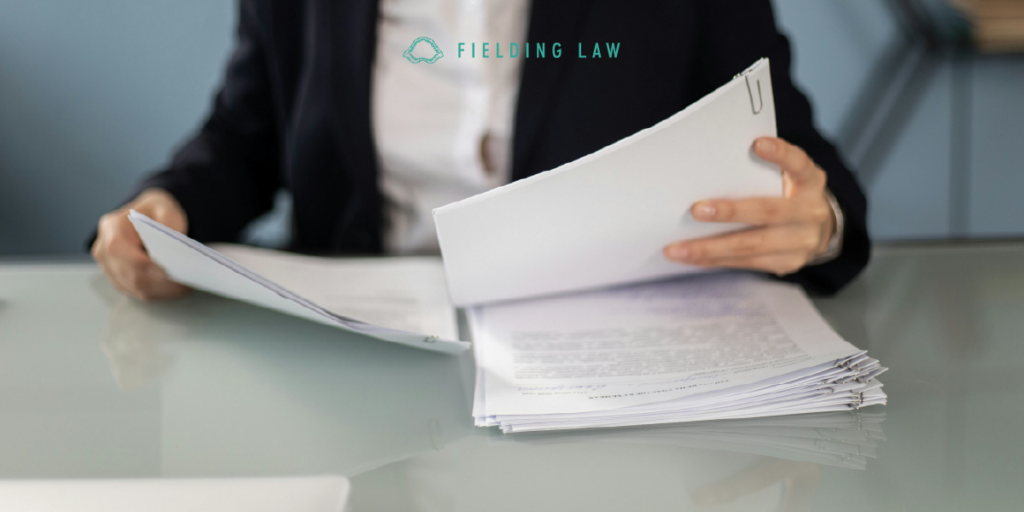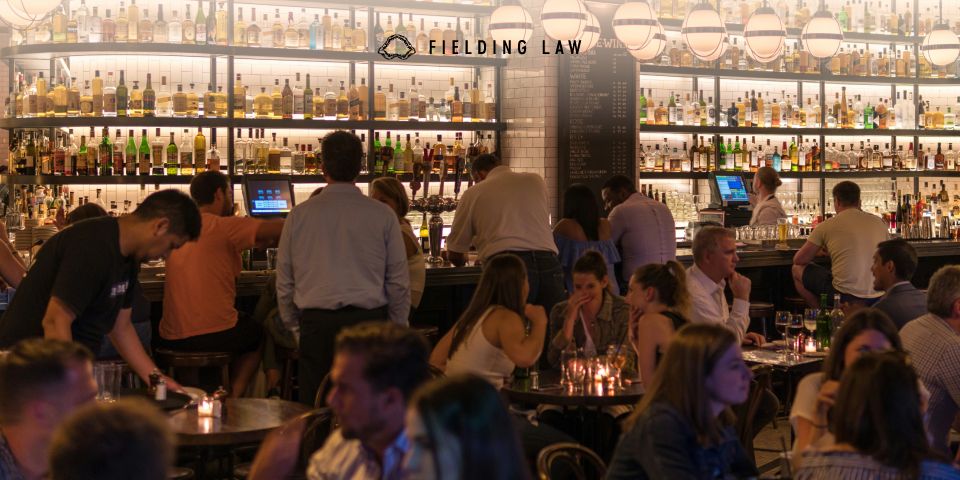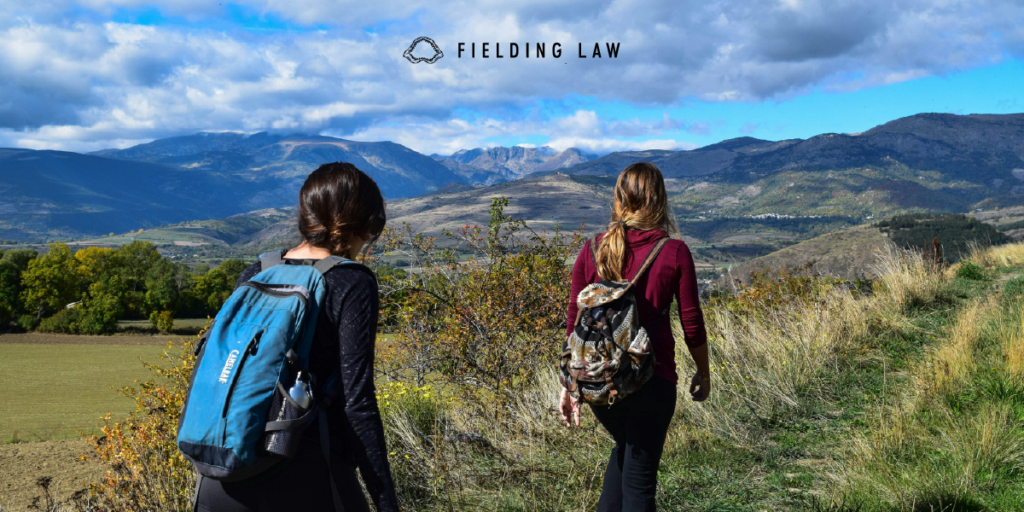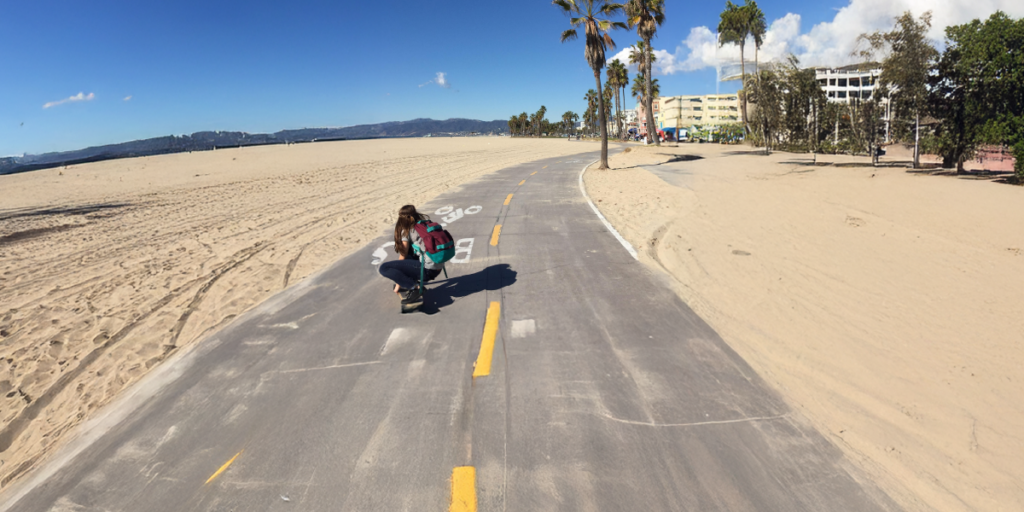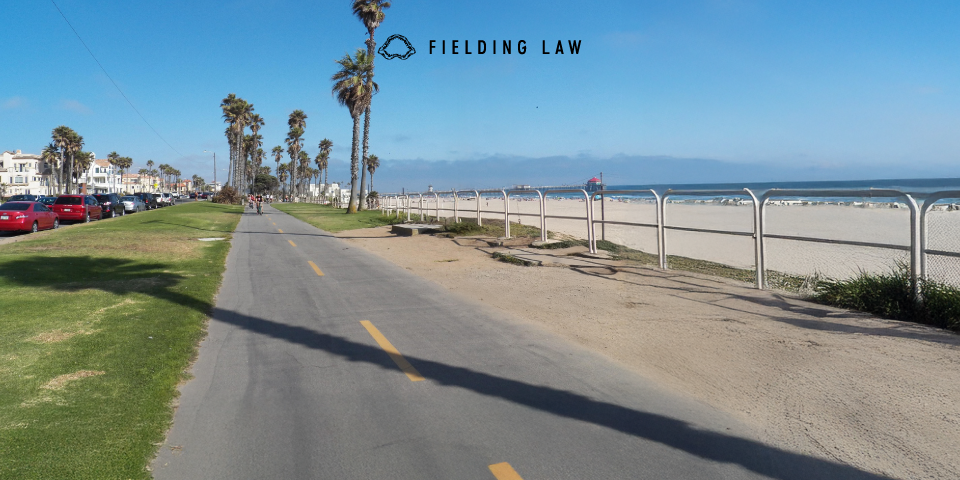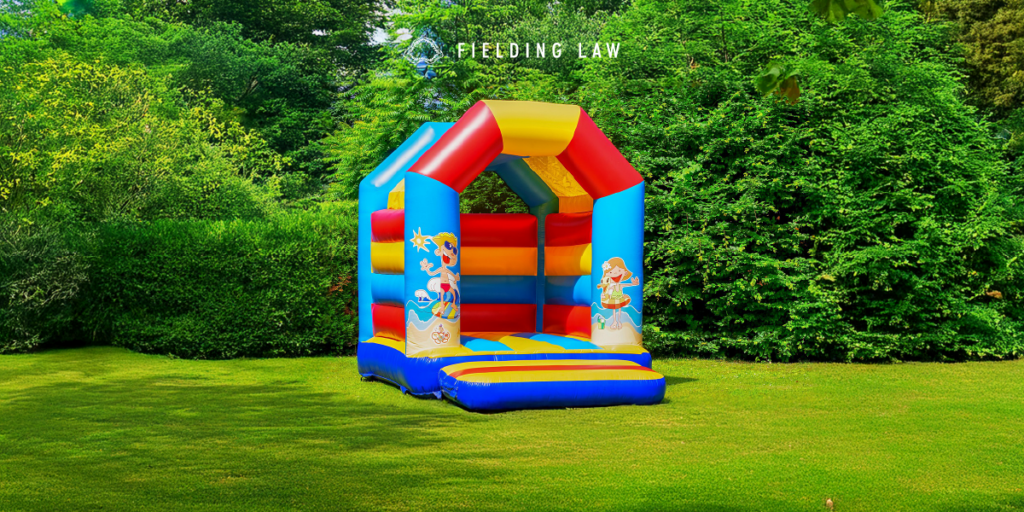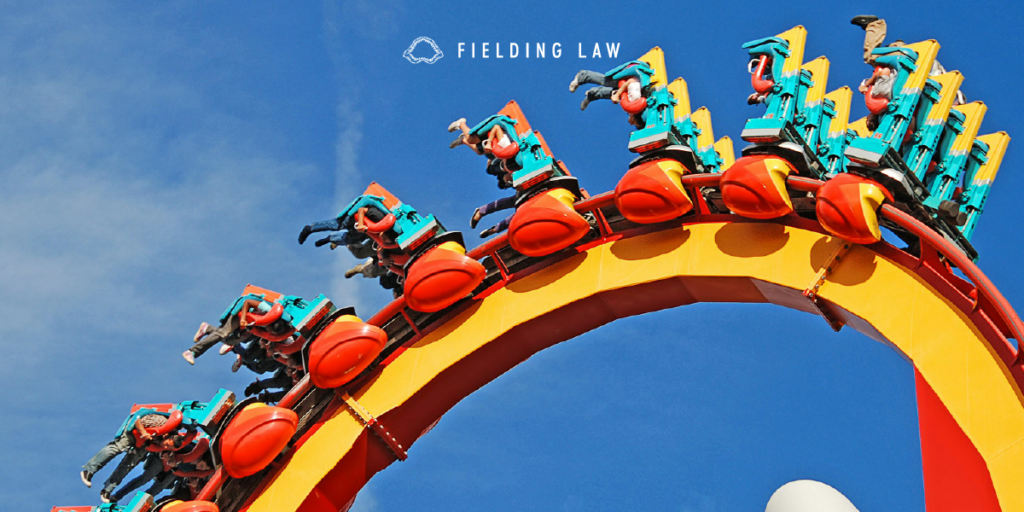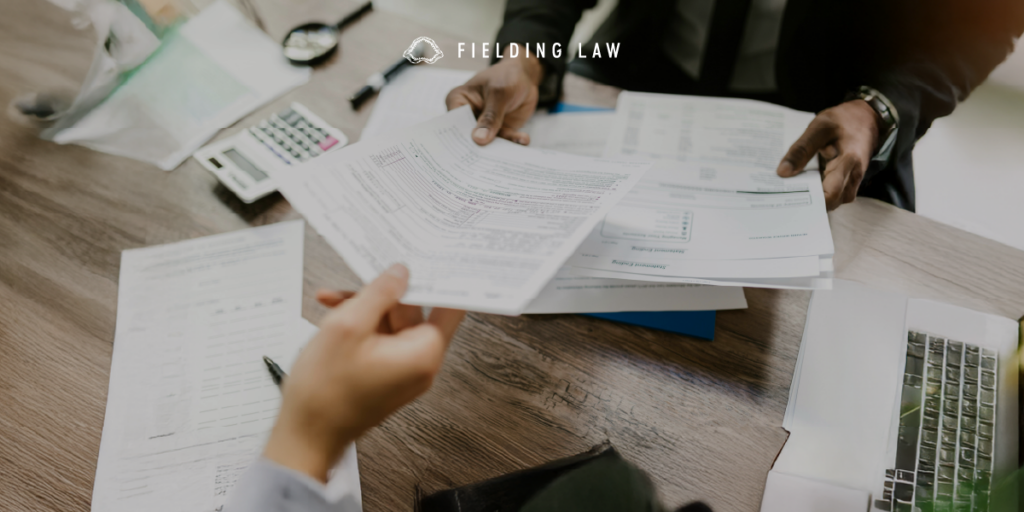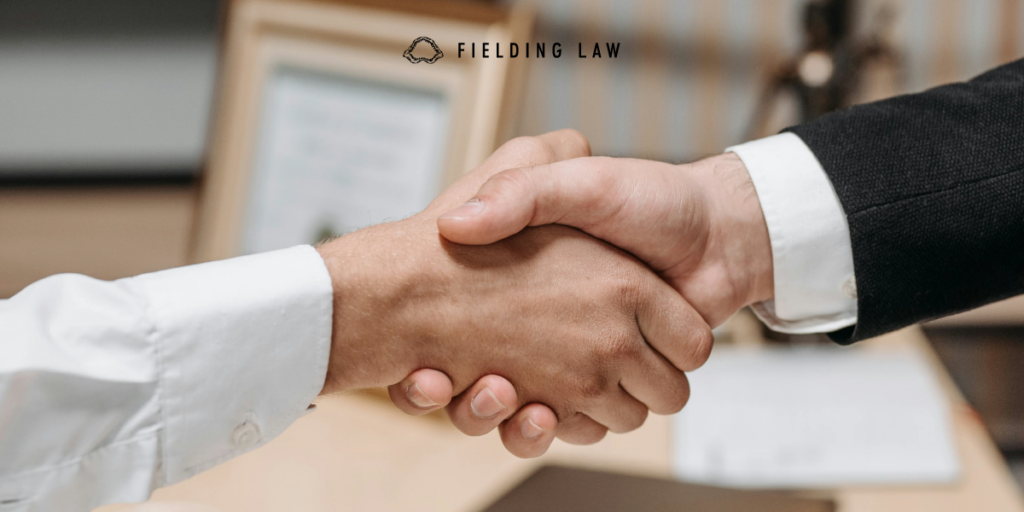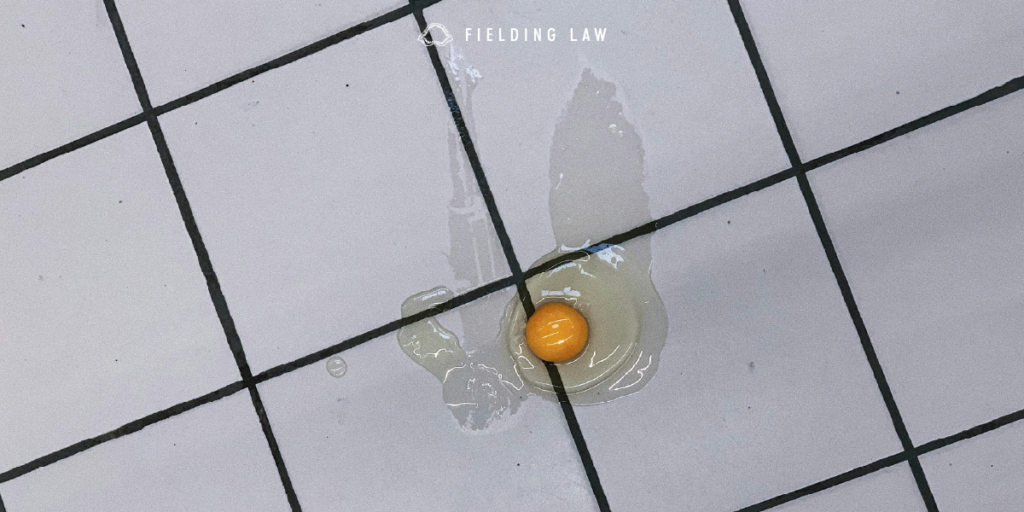
Slip and fall accidents can lead to serious injuries, and proving liability often depends on whether the property owner had notice of the hazard. There are two main types of notice in these cases: actual notice and constructive notice. Understanding the difference can determine whether you have a valid claim for compensation.
What Is Actual Notice?
Actual notice means that a property owner or responsible party was directly aware of the hazardous condition before the accident occurred. This can happen in several ways:
- A store employee sees a spilled liquid on the floor and acknowledges it.
- A customer reports a broken step to a manager.
- A business receives a written complaint about a dangerous condition.
If a property owner had actual notice and failed to address the hazard in a reasonable time, they may be held liable for injuries that occur as a result.
What Is Constructive Notice?
Constructive notice occurs when a property owner should have known about a dangerous condition, even if they were not explicitly informed. This is determined by examining whether the hazard was present long enough that a reasonable owner would have discovered and fixed it.
Examples of constructive notice include:
- A spill that has dried, indicating it was there for an extended period.
- A loose handrail that has been rusted or damaged for weeks.
- A walkway covered in debris that employees regularly pass but fail to clean up.
Courts often consider factors such as the length of time the hazard existed, whether regular inspections were conducted, and whether safety protocols were followed.
How Does Actual or Constructive Notice Impact Liability?
For a successful slip and fall claim, you must prove that the property owner had actual or constructive notice of the hazard and failed to take action. If they had no reasonable way of knowing about the danger, they might not be held liable.
Evidence that can help establish notice includes:
- Surveillance footage showing the hazard existed for a prolonged period.
- Witness statements confirming prior complaints.
- Inspection logs or maintenance records proving negligence.
Why Hire Fielding Law?
Proving actual or constructive notice in a slip and fall case requires legal expertise. At Fielding Law, we understand the complexities of premises liability claims and will fight for the compensation you deserve. Our team is dedicated to ensuring your rights are protected.
If you or a loved one has been injured in a slip and fall accident, call 833.88.SHARK today for a free consultation.
Note: Information provided is for educational purposes and does not constitute legal advice. Always consult with a qualified attorney for legal concerns.

